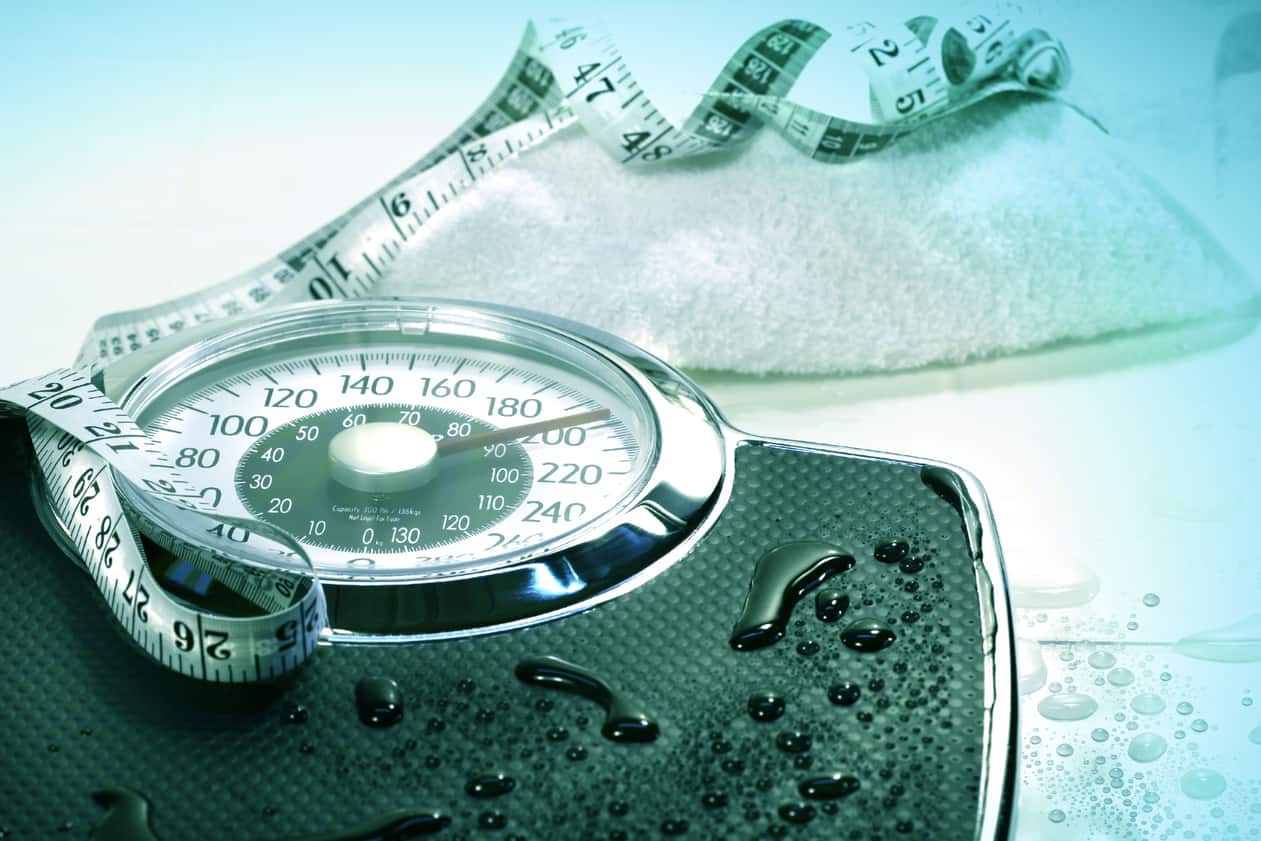“… it seems that basic information about diet and well-being is not getting through to the public, and despite drinking less, many young people are seemingly favoring alcohol consumption over a healthy, balanced diet.” ~ Dr. John Giles, Medical Director at Beneden Healthcare Group There is a new phenomenon gaining ground with young adults – drunkorexia. This is the term coined to describe the practice that is at once both an unhealthy eating AND drinking behavior. Drunkorexia is when a person extremely limits their caloric intake from food in order to:
- make more room for alcohol
- prevent weight gain from alcohol
Drunkorexia is an unhealthy drinking behavior because it is usually associated with heavy, binge-drinking. The person wants to be able to get as drunk as possible as fast as possible. Drunkorexia is an unhealthy eating behavior because the person basically starves himself/herself before going out to drink. They’re trying to prevent weight gain through dangerous means.
The Link Between Eating Disorders and Substance Abuse
The National Bureau of Economic Research has reported that there is a “definite connection between mental illness and the use of addictive substances”. In fact, more than 50% of people who have an eating disorder also abuse drugs and/or alcohol – a rate that is five times that of the overall population. Look at some of the statistics:
- More than half of women in treatment for bulimia also meet a diagnosis for an alcohol-related disorder
- On the flip side, up to 40% of women in treatment for alcohol abuse also have an eating disorder
- 57% of men who have an eating disorder will also abuse drugs or alcohol at some point in their lifetime
- The National Institutes of Health reports that approximately 16% of Americans have a drinking problem
- Around 10 million people in the US struggle with an eating disorder
Each disorder can contribute to the development of the other:
- An eating disorder can be facilitated by some substances that suppress the appetite (i.e. stimulants like cocaine or methamphetamines)
- Alcohol abuse can result in vomiting, a behavior that is commonly associated with eating disorders
- A person experiencing negative feelings or depression because of their eating disorder may “self-medicate” by abusing alcohol and/or drugs
Substance abuse and disordered eating are alike in certain other critical ways:
- Both are characterized by compulsive behaviors and a loss of control
- Both manifest as “excessive” actions – binge drinking, self-starvation
- Both can cause (and be caused by) negative feelings and perceptions – powerlessness, depression, shame, anxiety, anger, poor body image
- Both are potentially the result of a misidentification by the brain’s nucleus accumbens as “good” activities that are rewarded by the release of pleasurable endorphins
For this reason, it is important that any professional treatment programs for either disorder include an evaluation for possible co-occurring conditions.
What Are the Dangers of Drunkorexia?
Intentional self-starvation combined with alcohol abuse may lead to dangerous psychological and physical consequences. When a person drinks while malnourished, the results can be:
- Blackouts
- Alcohol Poisoning
- Cognitive Problems
- Violence
- Risky behaviors such as drunk driving or unprotected sex
- Alcohol-related injuries
When a person drinks on an empty stomach, the ethanol in the alcohol reaches the blood faster, thereby raising the blood alcohol content quickly – perhaps too quickly. For example, a person who practices drunkorexia can experience:
- Heightened vulnerability to alcohol-related brain damage
- A dangerous loss of hydration and nutrients
These hazards are even more pronounced in women because they do not metabolize alcohol as fast as men do. Elaine Hindal, the Chief Executive for Drinkaware, an independent charity that works to reduce alcohol abuse in the United Kingdom, says, “…what can seem like a harmless tactic can turn into a dangerous obsession. Skipping meals can cause acute alcohol poisoning, leading to confusion, vomiting, and passing out. Doing this regularly can put you at risk of chronic health harms like liver, heart disease, and some types of cancer. If you are watching your weight it’s best to cut back on alcohol, rather than food.”SOURCES: The Relationship between Disordered Eating and Substance Abuse Problems among Women, Sherry H. Stewart, and Catrina G. Brown https://onlinelibrary.wiley.com/doi/10.1002/eat.20257/abstracthttps://onlinelibrary.wiley.com/doi/10.1002/1098-108X(199407)16:1%3C1::AID-EAT2260160102%3E3.0.CO;2-T/abstract

